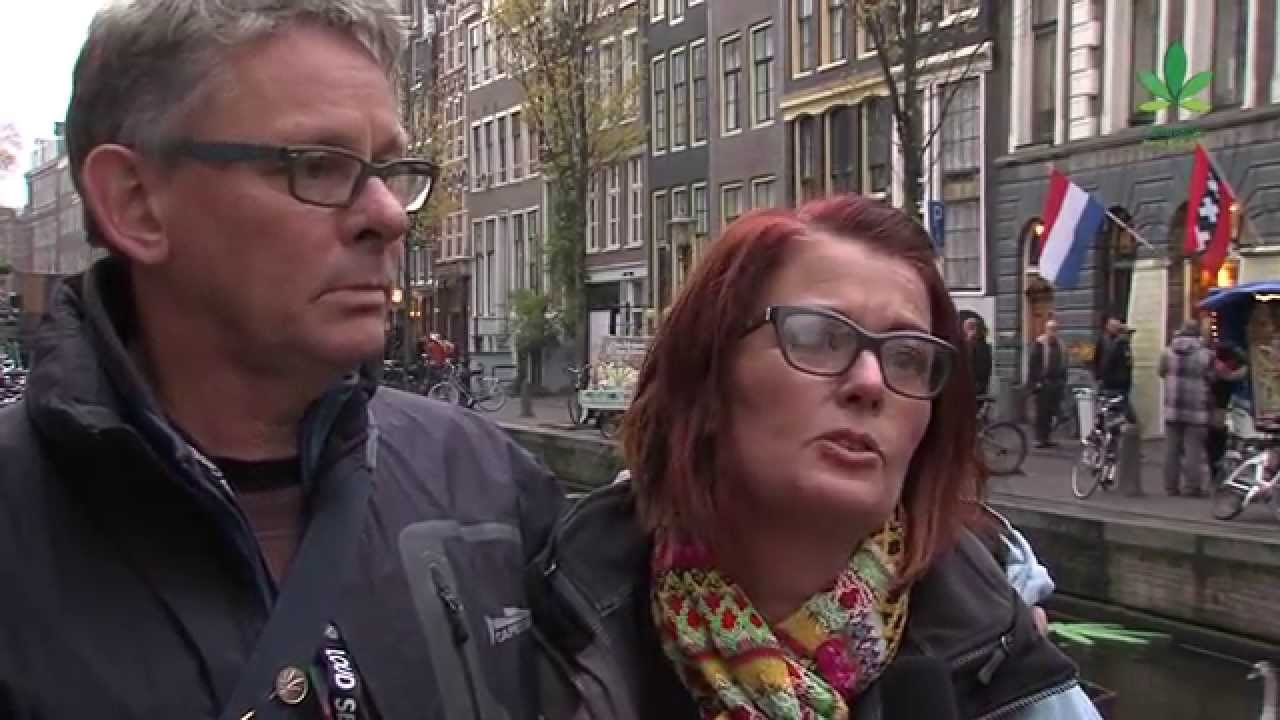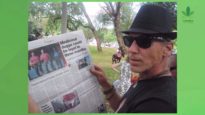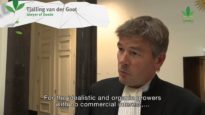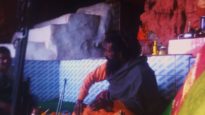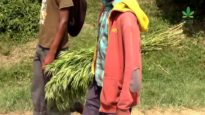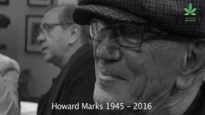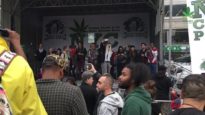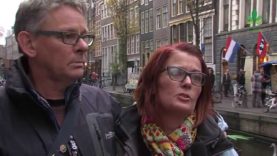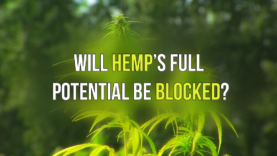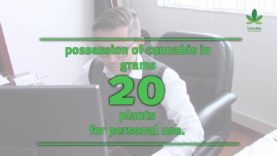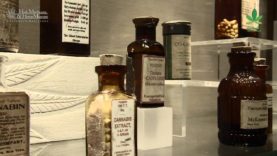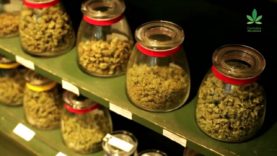Cannabis goes on trial in South Africa
SOUTH AFRICA – In South Africa your life can swiftly descent into hell when you smoke cannabis. This is what happened to Myrtle Clarke and Jules Stobbs. They lived their ordinary lives as television producers, where smokers and got caught.
In South Africa there are around 3 million people using cannabis. It is the first country in the world where cannabis use was banned and that was as early as 1908. The main reason; To control that part of the population which was using Cannabis the most at that time, mostly the black Africans and the Indians. Until today Dagga, which is South African slang for cannabis, remains a schedule one ‘drug’ alongside heroin.
In South Africa there are around 3 million people using cannabis. It is the first country in the world where cannabis use was banned and that was as early as 1908. The main reason; To control that part of the population which was using Cannabis the most at that time, mostly the black Africans and the Indians. Until today Dagga, which is South African slang for cannabis, remains a schedule one ‘drug’ alongside heroin.
Cannabis News Network visited several locations in and around Johannesburg, South Africa’s biggest city, to purchase weed. Consumers are often forced to buy substandard weed, grown on toxic mine dumps.
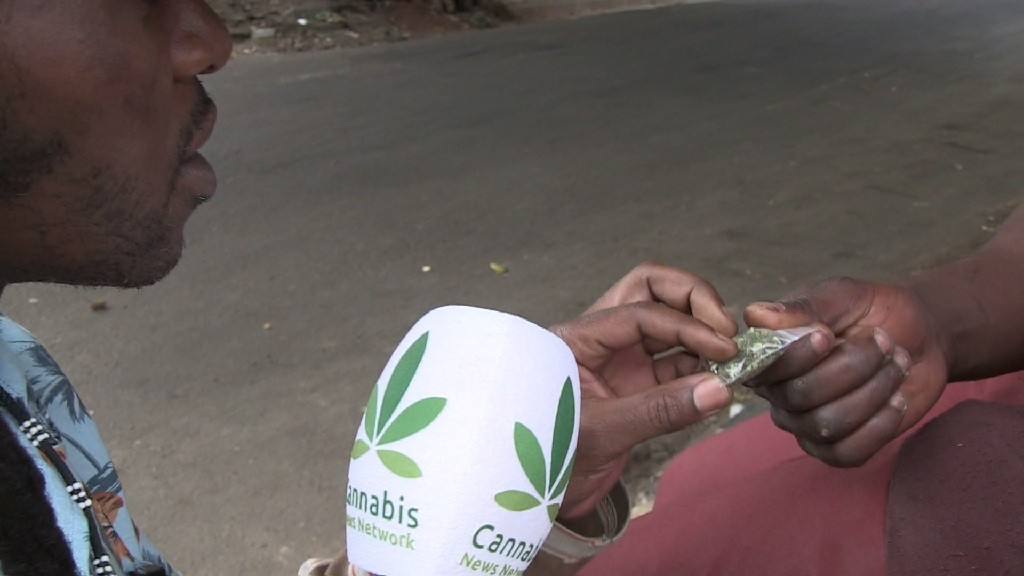
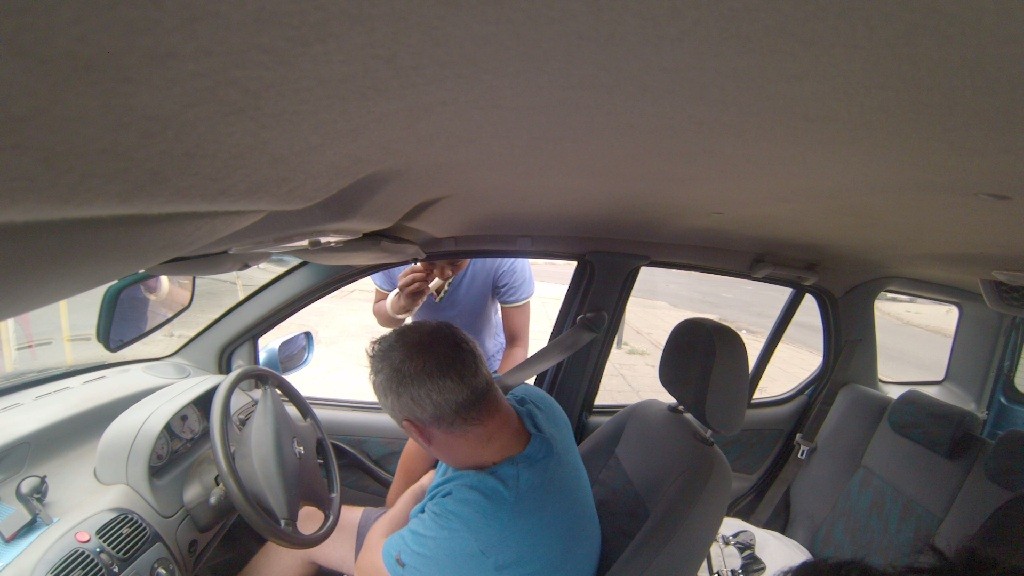
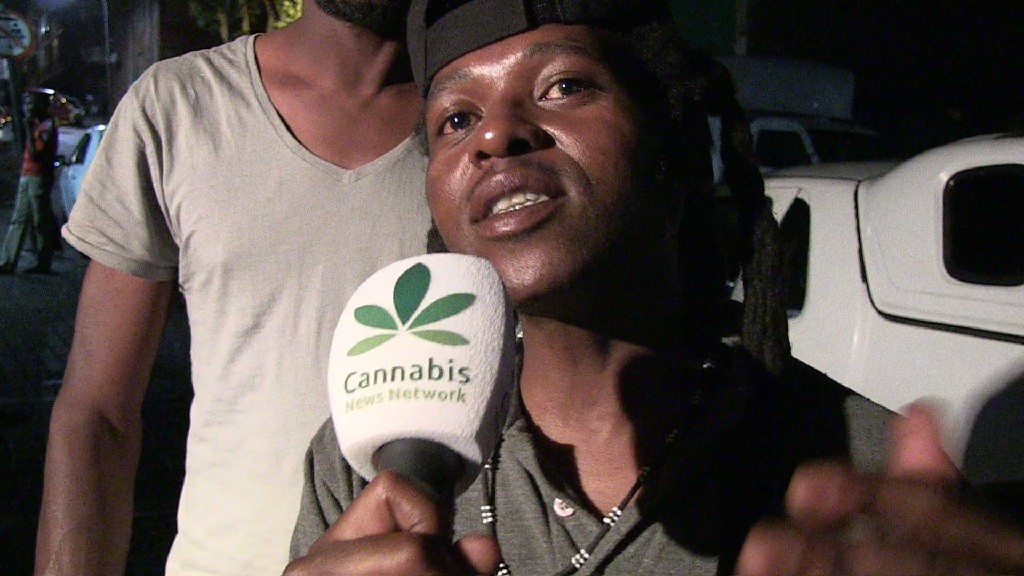
For the average consumer, dealers are the only way to get cannabis. Only the people with more money or better connections can afford to buy decent strains.
Nowadays Jules and Myrtle are public figures, known as The Dagga couple. They often appear in the media and travel around the world to garner support. In 2014 they visited the Cannabis Culture Award in Amsterdam where activists and cannabis idealists come together. Their story is larger than just South Africa.
For the last five years Jules and Myrtle have been preparing for a trial of the Cannabis plant. They will call on expert witnesses to proof their case. They started a crowdfunding campaign called ‘The Trial of The Plant’ in order to set a legal precedent in South African law.
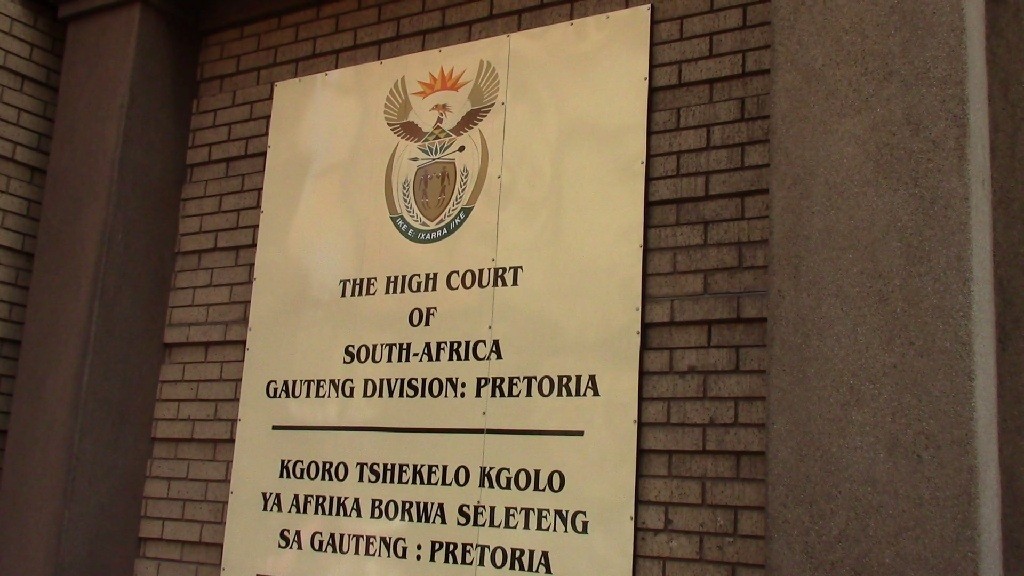
Their case is due to be heard in the Pretoria High Court in March 2016.


